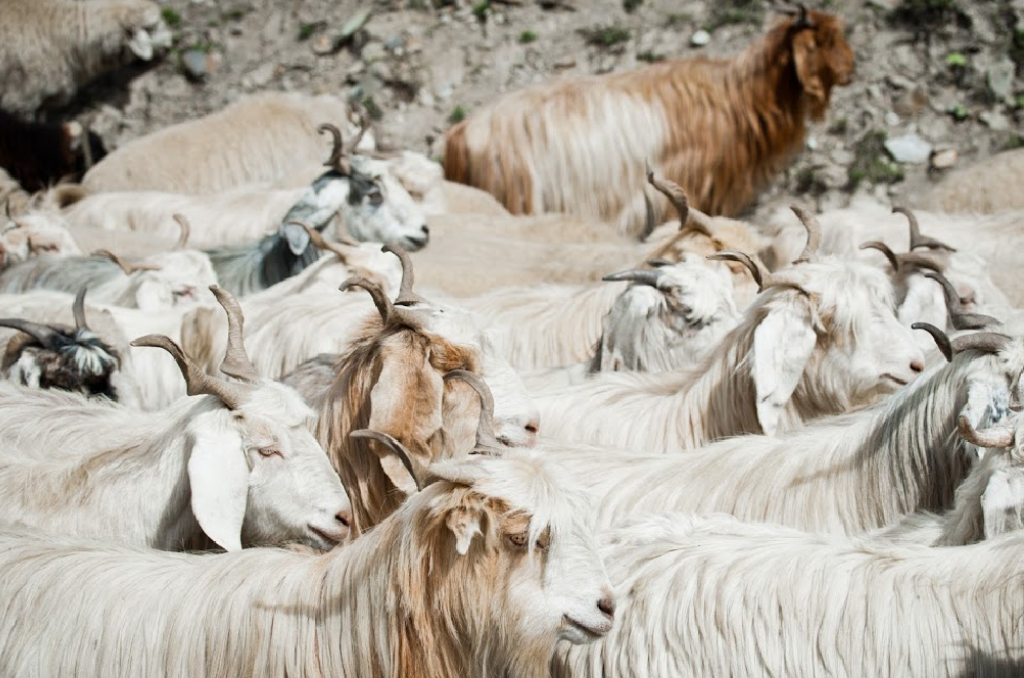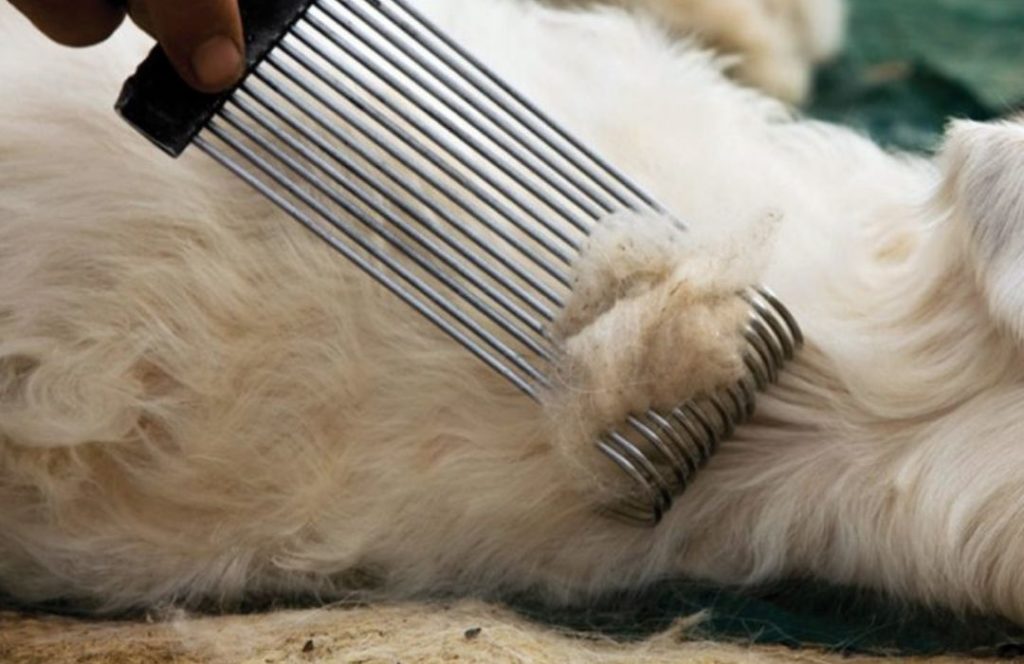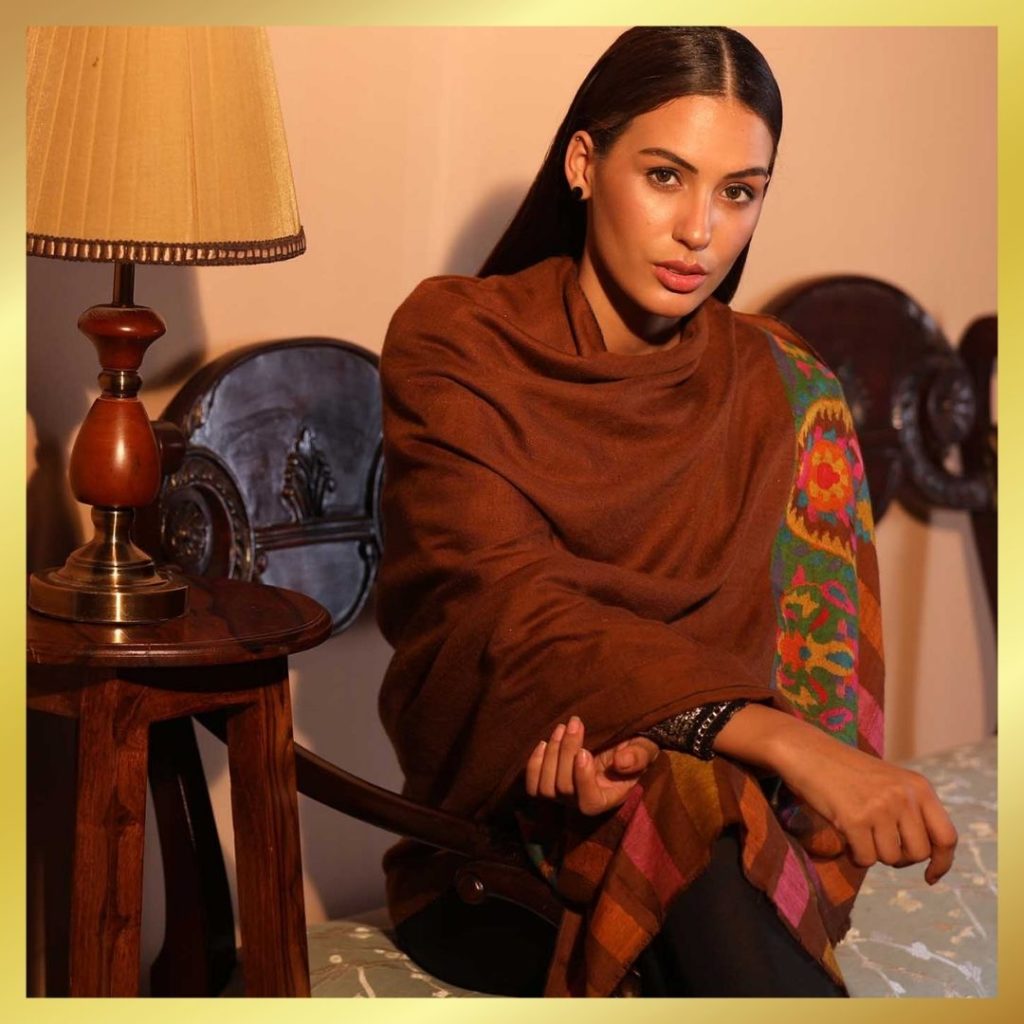Also known as the “diamond fibre” or the “king of fibres”, Cashmere has been prized for its smooth touch, immense softness and extraordinary warmth since its inception. The very first documentation of the use of this fine wool dates back to the 14th century. In Kashmir, Cashmere was discovered accidentally in the 16th century by a Persian saint and scholar. In just a few years, Europeans came to know about this luxury fibre, and trade started between the valley and the West. Cashmere gained prominence amongst kings, Emperors, queens and wealthy noblemen and aristocrats in 18th century Britain and France. Cashmere was rare and pricey, and only the affluent could afford it. But is cashmere vegan?
Today, the destruction of fast fashion has made Cashmere similar to any other wool category by blending it with sheep wool, silk, or nylon. Now Cashmere is more affordable, but there is still something concerning people about its contribution to animal cruelty
What is Veganism?
Veganism, or the state of being vegan, is a modern stance against animal oppression and cruelty. People who are vegans do not use any of the products associated with animals. Be it food, clothing, researches, or entertainment, vegans avoid animal exploitation as much as they can.
This means that vegan ideology followers eat plant-based foods and would not prefer animal products like chicken, meat, etc. Similarly, vegans do not wear wool, snake leather, suede, or other materials that come from animals. This would mean that vegans do not wear Cashmere, since it is an animal fibre. Vegans believe that any kind of wool associated with cruelty to animals is better to be avoided. Hence, there is no term as Vegan Cashmere.
Also read: What is Real Cashmere?
Difference between Vegans and Vegetarians
Vegetarians do not eat animals, but vegans do not even use animal products. This is the core difference between vegans and vegetarians. Vegetarians do not kill animals for the purpose of eating but may eat products that come from them (such as dairy and eggs).
Veganism can be called a much stricter form of vegetarianism. Vegans tend to be really passionate about animals. This category of individuals does not wear leather or suede as these are made from animal skin. They also avoid the fabrics that are made from animal byproducts, like silk and wool, mainly for the reason that animals are harmed in the making of these. Vegans look for cosmetics that are cruelty-free in their making. As such, they choose lipstick and foundation which are animal fat-free, nail treatments that are gelatin free, makeup removers that are lanolin-free, and similarly every type of product that doesn't contain any animal byproduct
Vegans do not support any form of animal exploitation. Hence they do not visit zoos or aquariums or take part in dog or horse racing. They believe that a better alternative is visiting as well as supporting animal sanctuaries that provide safe homes for rescued animals
Is Cashmere Vegan?
To decide whether Cashmere is vegan or not, we need to check its source. Let's find out what Cashmere is and where does it come from, and if there is a term called Vegan Cashmere.
What is Cashmere?

Cashmere is the fine undercoat of a rare goat species, which is found in parts of China, Mongolia, Nepal, Iran, Iraq, and India. The Ladakh region of Kashmir, India, produces the finest quality of cashmere in the world. The goat on which Cashmere grows is called Changthangi goat which grows a fine, warm fleece as a down fibre in winter to survive the extreme temperature (which goes down to minus 50 degrees). The wool protects its body from the freezing weather conditions until summer comes. In the summer season, the same wool makes the goat extremely uncomfortable and it becomes unbearable for the goat to carry it.
As herders gauge the discomfort of the goat, they, with the help of professionals, comb the wool off the goat's body and make it free to roam again. Some portion of the wool can be found in the surrounding areas which the goat has rubbed itself. This and the one combed off the goat's body are collected and stored for processing.
The most popular use of Cashmere is the making of Pashmina shawls of Kashmir, which are renowned all across the globe. We, at Pashmina.com, bring the exquisite collection of handcrafted Pashminas made from the finest cashmere from Changthang and handmade in Kashmir.
Also read: Kashmiri Artisans | Hands Behind the Craft
Is Cashmere Cruel?

While many believe that Cashmere is cruel, it is not. No animal is harmed in the process of acquiring, sourcing, or processing Cashmere. The Changthangi goat is a domestic animal. Hence herders do not need to kill it for Cashmere. It politely lets professionals comb off the wool from its body, as it itself is in dire need of the same. Also, Cashmere is not sheared but gently combed off using specialized combs and tools. Hence the goat isn't even hurt in the process.
Is Cashmere Vegan?
Even though Cashmere isn't cruel at all, this does not account for it to be vegan. Cashmere is not vegan. This is because it is an animal byproduct. Veganism believes in avoiding animal byproducts also, and wool is one of them. Hence Vegans strictly say NO to Cashmere, and claim that the same is cruel, although that is certainly not the case. Hence Vegan Cashmere does not exist.
Why buy Cashmere?

It might sound strange that we as responsible citizens of society and the planet still deal with Cashmere when the grapevine suggests the opposite. But that is not the case. The Cashmere products we deal in are checked exactly from its procurement. It is thoroughly inspected if the Cashmere is traded in winter or summer. Summer traded Cashmere is ethical, as these goats have been shorn in summer itself. The Cashmere which traders trade in winters has been shorn off the goats in winters, hence threatening their lives.
The Cashmere products we bring for you, contribute to slow and sustainable fashion. Our wraps, shawls, and scarves last for more than 20 years. They are made up of Pure Cashmere from Ladakh, and no blending is done during the processing.
Is Cashmere vegan? No. It is an animal byproduct so it cannot be said to be vegan. But the processing of Cashmere is done manually and ethically. As such the weaving and embroidery are done by special artisans, who spend months or years together to prepare one single wrap. No pollution-causing machines are used, and the artisans are paid fairly and timely salaries. As such these underprivileged craftsmen of the valley get encouraged to give proper education to their children and a better life to their families.
Also read: Pashmina for the Positively Conscious - An Ethical Story